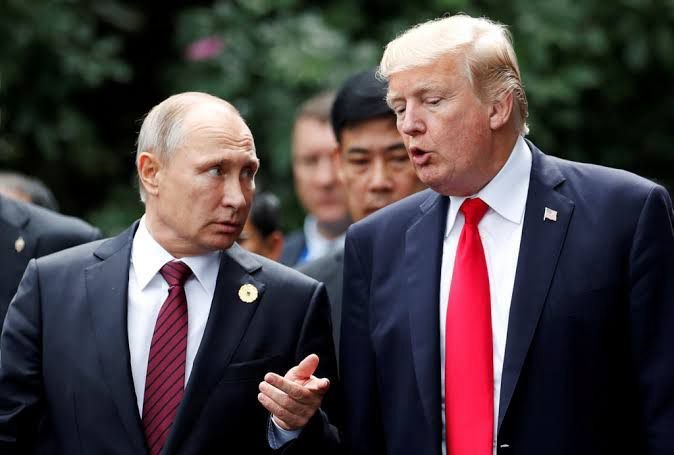In an unexpected geopolitical shift, Russian President Vladimir Putin and former U.S. President Donald Trump have reportedly reached an agreement to cooperate on Ukraine’s energy infrastructure. The deal, though lacking detailed disclosures, is said to focus on protecting vital energy routes, stabilizing supply chains, and potentially paving the way for joint reconstruction efforts in war-affected regions.
This development marks a rare instance of collaboration between the two leaders, whose past diplomatic interactions have often been contentious and widely scrutinized. Analysts suggest that the agreement could influence the ongoing Russia-Ukraine conflict, particularly regarding energy security and economic recovery. However, the move has also raised concerns among Western allies, with speculation about the broader political implications and potential shifts in international alignments.
Reactions to the agreement have been mixed. Some view it as a constructive step toward stability, particularly in ensuring the continuity of energy supplies in Europe and beyond. Others, however, worry that such cooperation might undermine existing global sanctions and diplomatic efforts aimed at holding Russia accountable for its actions in Ukraine.
As further details emerge, the international community will closely watch how this agreement unfolds and whether it leads to meaningful progress in rebuilding Ukraine’s critical infrastructure. The deal could redefine energy diplomacy and reshape the broader geopolitical landscape in ways that remain uncertain.





